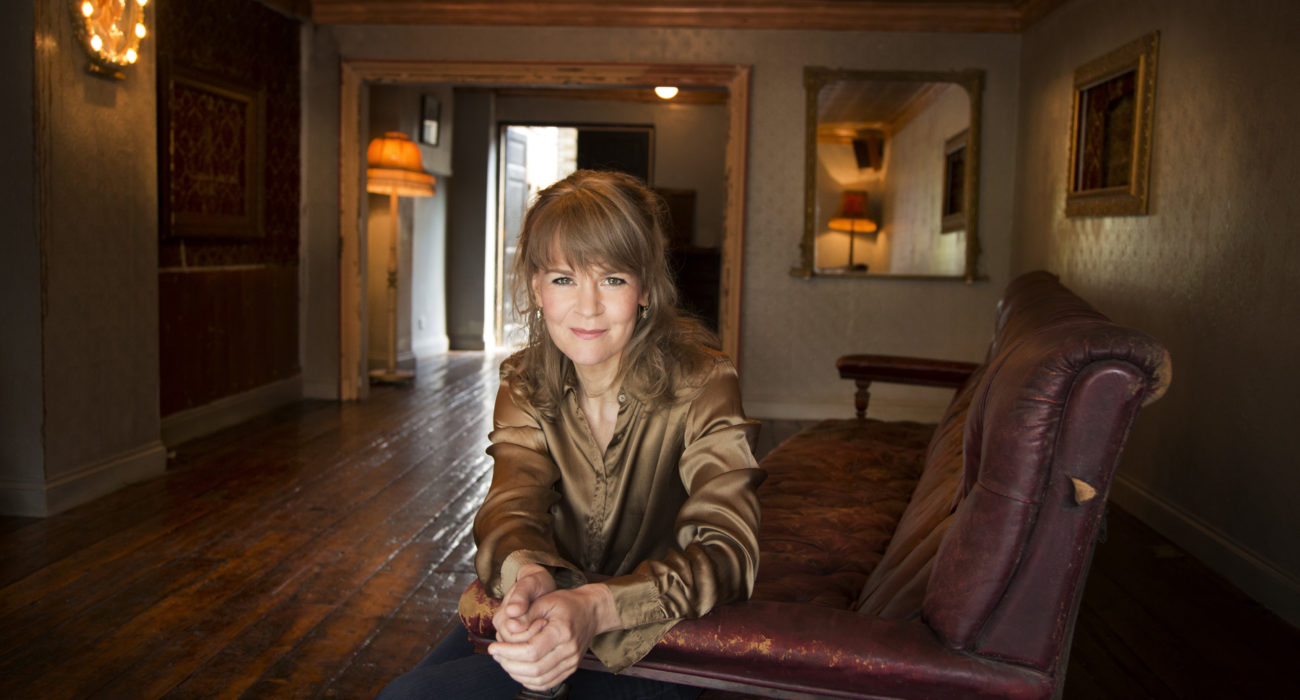If you did not have a say about your own life, how could you imagine that you could be a boss of an orchestra?
When it comes to making music, gender should be irrelevant.
And yet, in nearly every article about Finnish conductor Susanna Mälkki, her gender is discussed — or at least noted.
Last week in a glowing review of her Jan. 11 appearance with the New York Philharmonic, New York Times critic Anthony Tommasini commented that seeing two women appearing together as concerto soloist and conductor was a “vanishingly rare sight at the Philharmonic.”
Mälkki, after all, is still an anomaly in her profession: A 2016 study by the League of American Orchestras found that more than 90% of professional symphony orchestra music directors are male, a statistic that did not budge a single percentage point from the league’s 2006 findings.
This weekend — the same weekend as the Women’s March — Mälkki makes her third appearance of the 2017-18 season as the Los Angeles Philharmonic’s principal guest conductor, and classical music’s thickest, most stubborn glass ceiling will crack open a little bit wider.
Mälkki is one of four women conducting the L.A. Phil this season. Throughout most of her career, she has tended to redirect conversations away from gender and toward the music she is passionate about bringing to life.
“I’ve always tried to stay neutral on the subject,” she told the Chicago Tribune’s John von Rhein in 2016. “I have just tried all along to make music as good as possible and let others think what they may, since I can’t control that anyway.”
But discussions about gender and the workplace have evolved during the last year. This week, sitting on a rooftop patio in downtown L.A., Mälkki is more open and interested in discussing the topic.
“Women have been conducting for decades,” she says. “They just haven’t been welcome. It’s as simple as that.”
Mälkki notes that in the 19th and early 20th centuries, when her profession was growing in prestige, women did not even have the right to vote.
“If you did not have a say about your own life,” she says, “how could you imagine that you could be a boss of an orchestra?” She adds that “things change gradually” and “sometimes society is just not ready for changes.”
But she lights up when she talks about Oprah Winfrey’s recent Golden Globes speech about empowering women. “Time is up!” she says.
